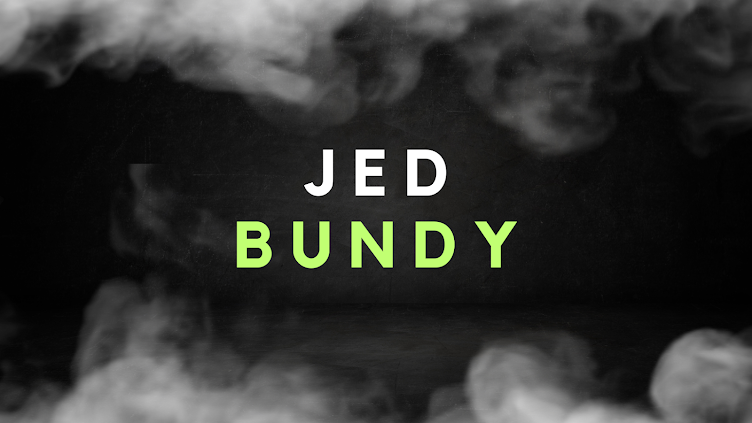THE BROOD (1979)
Director: David Cronenberg
From the first scene in David Cronenberg’s ’79 effort The Brood, the viewer is made uncomfortable. We watch in horrified anger, much as the film's protagonist Frank Carveth does, while the process of a new psychiatric procedure called psychoplasmics is exhibited for an audience. A grown man whimpers in front of the audience as the bizarre and explosive Dr. Raglan verbally abuses him and likens him to a little girl, while play-acting as the man’s father. Once he hits the breaking point, the patient rips off his shirt and reveals several red welts and growths have formed through his therapy, like his insecurities and instabilities have started to fight their way out of his body.
Exposition goes as such, Frank Carveth is in the middle of a custody battle for his daughter. Carveth’s wife Nola is in intensive therapy with Dr. Raglan, using the dangerous new method of psychoplasmics, after abusing her daughter, when strange murders start to occur. Child-sized creatures start killing various people that might keep Nola away from her daughter. Frank is forced to investigate and fight, at first for his marriage, then for the custody of his child, and then for the lives of his family.
The Brood shares a few tonal similarities with the last hour or so of The Shining (released a year later). Every part of it feels very cold, rooms are sparse and all very similar, and often in the windows you see a snowy Canadian background reflecting a pale light into the rooms. This could be due to the low budget the film had, but it feels very deliberate. And much like the Shining, the uncomfortable and eerie feel of the movie comes just as much from the subject matter as it does its spooks and ghouls. At its heart, the movie is about divorce, a gory Kramer vs Kramer of sorts, and the slow realization that the person you loved isn’t REALLY that person anymore at all. While The Shining focused on a husband’s decent into madness, The Brood focuses on the discovery that everything in the husband’s life has gone out of his control. It seems like our protagonist blinked and his whole world turned upside down. It’s pretty obvious that Cronenberg was going through some shit when he wrote this.
A quick bit of internet creeping shows he was in fact getting divorced from his wife the same year the movie was released. “He first married Margaret Hindson in 1972: then his seven-year marriage ended in 1979 amidst personal and professional differences. They had one daughter, Cassandra Cronenberg. Now he is married to Carolyn Zeifman, production assistant on Rabid. They have two children, Caitlin and Brandon.[24] In the 1992 book Cronenberg on Cronenberg, he revealed that The Brood was inspired by events that occurred during the unraveling of his first marriage, which caused both Cronenberg and his daughter Cassandra a great deal of turmoil. The character Nola Carveth, mother of the brood, is based on Cassandra's mother. Cronenberg said that he found the shooting of the climactic scene, in which Nola was strangled by her husband, to be "very satisfying."—Wikipedia, David Cronenburg
It's amazing that a movie can start as a very well-done drama/thriller about divorce, loss, and madness and then slowly twist into the body terror Cronenberg is so well known for. The Brood has everything from midget monsters pummeling pretty schoolteachers, to death in front of children, to a woman licking the afterbirth from her a-sexually produced spawn, to oddly disturbing shots of milk and orange Juice mixing together on the floor, and that’s still only part of what’s so scary. You’d think the evil doctor was the big bad from the beginning. While yes, he’s totally evil; he’s also not the most evil or even most dangerous monster of the film.
The make-up effects are terrific, even if they are hidden for the most part. The film slowly shows more and more of its monsters as it goes on. First, you’d only get the hands of the child-like brood, then you see only glimpses of them running and attacking. It builds and builds until you see everything. You know how they die, how they look, and in the film’s most famous and harrowing sequence, you see how they are birthed and just what the biggest side effect of psychoplasmics is.
Warning: side effects include constipation, nausea, a brood of asexually produced demon children, and dryness of the eyes.
Overall, The Brood is a terrific mix of gore and psychological horror and one of Cronenberg’s best films, right up there with The Fly, Videodrome, and even his more ‘serious’ dramatic efforts like History of Violence and Eastern Promises. All the actors bring in great performances, the story eases you in with relatable and real drama and adds some honest, touching, human moments before letting the monster movie madness go insane. The imagery is gruesome enough to stay with you long after you stop watching. Just the over-the-top and wild-eyed performance from Oliver Reed, as Dr. Hal Raglan, is worth the price of admission, but The Brood keeps giving you more.
- Will Woolery


